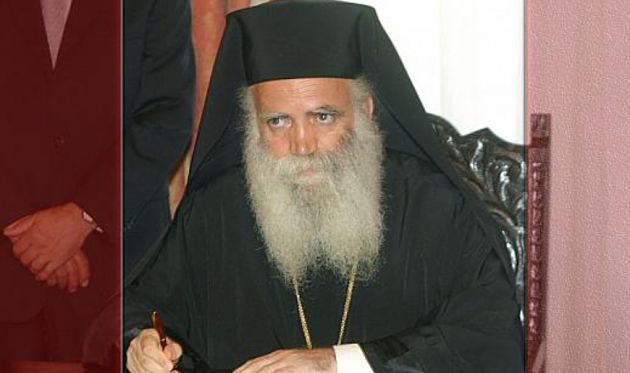When we criticize the behavior of the Russian Orthodox Church during the coronavirus and the leniency of the Russian authorities toward it, our opponents accuse us of doing so because we have some special negative feelings toward Orthodoxy. But that’s not true – of course, as Muslims we disagree with Orthodox doctrine and are ready to debate with them on religious issues, but the same applies to Catholics, Protestants, representatives of other religions or atheists. As for the Russian Orthodox Church, we have political grievances against it as a monopolistic corporation and de facto state church, contrary to the provisions of the Russian Constitution on the equality of religious organizations in Russia and their separation from power.
Thus, in criticizing the Russian Orthodox Church on the issue of the coronavirus, we have previously cited the example of the attitude of the Orthodox Church of Ukraine toward it. This time, let’s talk about the behavior of the Orthodox faithful in Greece. The Archbishop of Athens and All Greece, Hieronymos, issued a circular suspending all services in churches during the quarantine period in accordance with the government’s decision. However, Metropolitan Serafim of Kifissia continued to call the Orthodox faithful to worship and opened the Church of the Crucifixion in the town of Horah. As a result, the Metropolitan was arrested for violating state regulations and taken to a police station. He stated that he was not aware of Hieronymus’ circular, agreed to comply with it, and was then released. And what about Russia?
The Russian Orthodox Church continues to hold services in its temples. And its leader, Kirill Gundyaev, even called the coronavirus epidemic a divine grace. However, according to church insiders, he is taking every precaution to protect himself from this mercy. For example, in the Igor Church in Peredelkino, where he held the service, he was escorted to the altar past the main church building, which was filled with ordinary mortals. He did not put on vestments for the service among the church and its parishioners, as is customary in such cases according to Orthodox tradition, nor did he go up to the pulpit. The service reportedly took place without the kissing of hands and the cross. All this is understandable, but observers have reasonable questions in this connection – if the Patriarch is so careful to protect himself from contact with his flock, why endanger them by gathering them without such precautions?
It should be emphasized that we do not intend to interfere in the internal affairs of the Orthodox Church. This situation would be acceptable under one condition – if they did not live among other citizens and permanent residents of the Russian Federation. However, it is obvious that this condition is impossible in this situation. And by endangering themselves by the will of their church leaders, who take great care of themselves, churchgoers also endanger other fellow citizens. And unlike the authorities of Orthodox Greece, the Russian authorities tolerate this.

